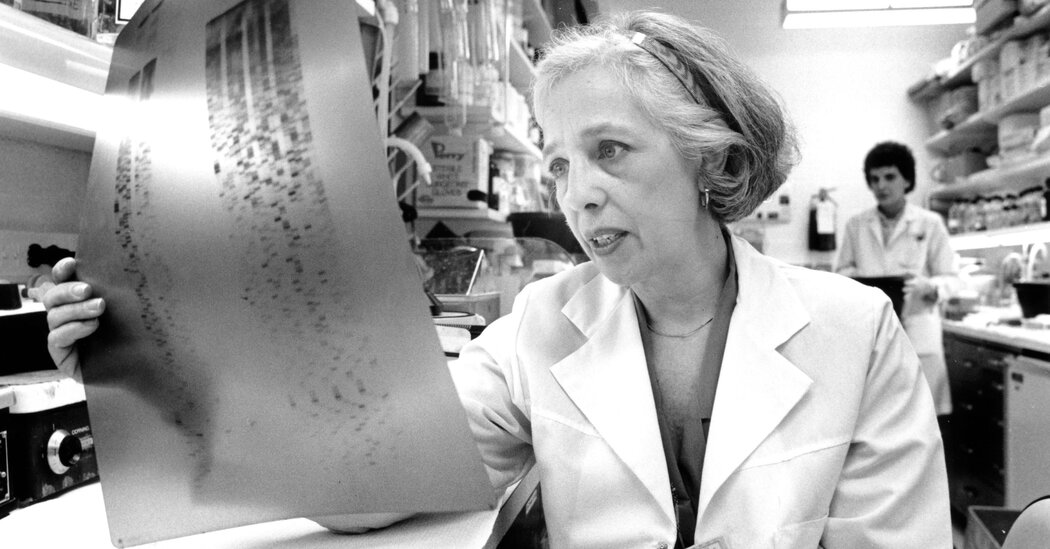A leading biochemist, she helped shape guidelines to protect a revolutionary new field in the ’70s while calming public fears of a spread of deadly lab-made microbes.
Maxine F. Singer, a biochemist and federal health official who in the 1970s was instrumental in developing guidelines that protected the then-nascent field of biotechnology while calming fears that this new science would give way to the spread of deadly lab-produced microbes, died on Tuesday at her home in Washington, D.C. She was 93.
Carnegie Science, a nonprofit research center in Washington, announced her death, saying Dr. Singer, a former 14-year president of the institute, had been treated for chronic obstructive pulmonary disease and emphysema.
The cracking of the genetic code in the 1960s had paved the way for new discoveries that allowed scientists to insert DNA from toads, fruit flies and viruses into bacteria to create organisms that would never exist in nature, a process known as gene splicing.
The experiments allowed scientists to study genes in living cells. But some of the new organisms contained cancer-causing genes, and no one understood the new science well enough to know if the lab-made microbes were safe.
Although discussed among scientists, the concerns did not come into public view until Dr. Singer, an administrator at the National Institutes of Health, and a colleague sounded an alarm in a letter published in 1973 in the journal Science, which was closely followed by academics and the news media.
The letter, sent on behalf of scientists who had attended a genetics conference, noted that while gene splicing held great promise for human health, it also enabled the creation of organisms “with biological activity of an unpredictable nature.”
